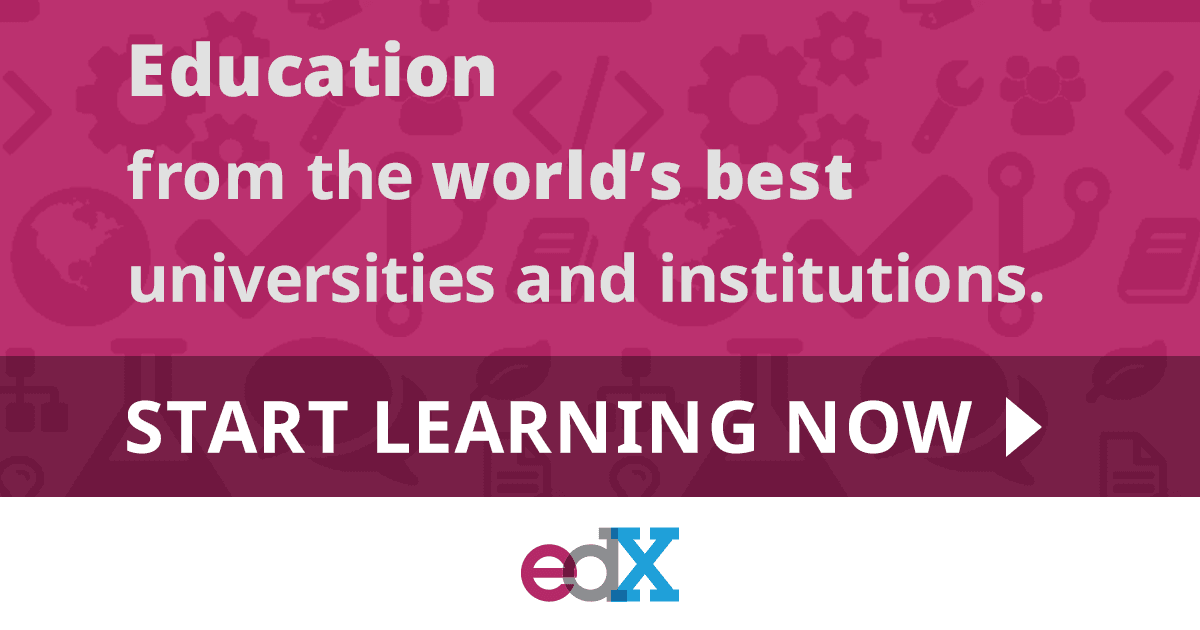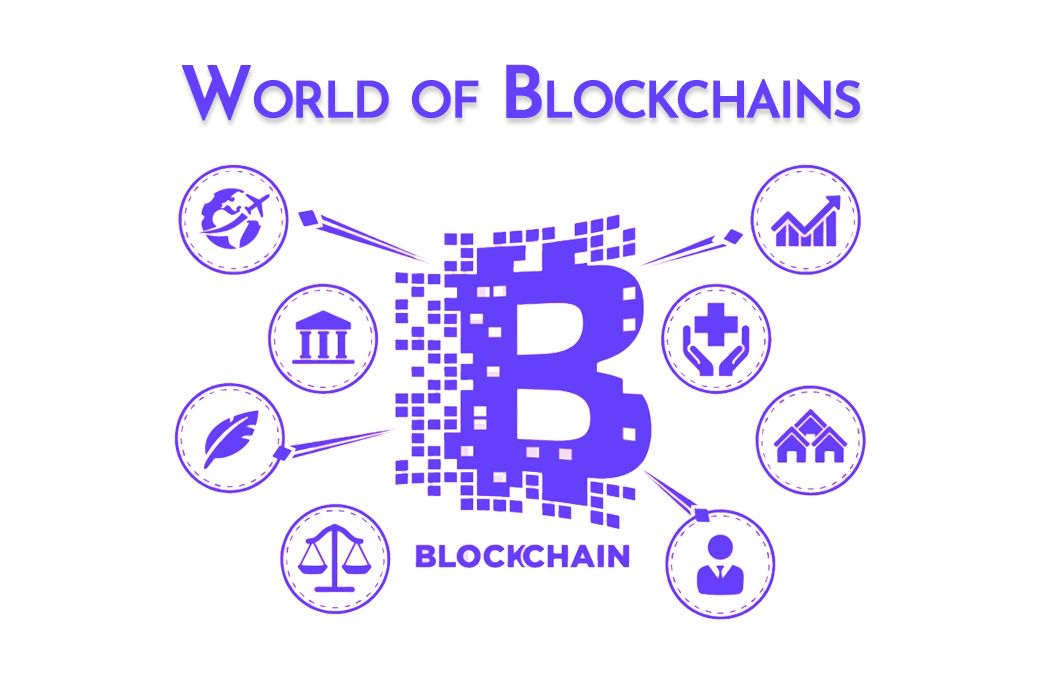Where everything will be decentralized, and everyone has a better control of their own finances. The decision making processes will not depend on a single authority, and the people, systems, organizations who adopt blockchain technology will play a major role in each and every aspect of globalisation.
Current centralized system
With great powers, comes great responsibility. Alas, this isn' true with the centralized nature of our current system. Here, with great powers, comes a greater corruption module. The centralized system is full of corrupt officers, leaders, bureaucrats and what not. The rich becomes richer, and the poor becomes poorer.
Centralisation is in our roots, and we all are so used to it. We are used to give a percentage extra to make our works done, give bribes to officers, buy votes from innocent people by offering few pennies, buy fake certificates, create fake identities and doing just anything which would make our life's easier. However, we forget the system is getting corrupt, as each day, everyone is doing something to exploit the loophole of the so called centralized system.
Time to change
20th century is the age of technology. Like the internet, in it's early days was all skeptical, so is the blockchain right now. Large IT organizations like IBM, Tech Mahindra and Microsoft are already working to understand this technology well and developing new age applications using blockchain.
How does blockchain work ?
A blockchain is so unique and tamper proof, that one's any data has been stored, it's virtually impossible to modify or delete it. Whenever any new data is added, a new block is created to represent that dataset, and hence the name blockchain. A blockchain is distributed over several nodes connected to the internet, and every node has it's own copy of the same dataset. So, every time a new data is stored or deleted every one on the network gets to see the transaction on the blockchain.
Blockchain Use Cases
Digital identity management and verification is perhaps one of the most promising use case of blockchain. Every year, billions of people are affected by personal data breaches, all around the world. Storing, transferring, and verifying sensitive information should be secure and in this context, blockchain systems may bring valuable solutions to some of the difficulties faced by most centralized databases.
Blockchains for charitable organizations may help these organizations receive donations and raise funds more efficiently, by introducing transparency and accountability.
Blockchain for governance will eliminate corruption, with increased decentralisation, data integrity, and transparency - along with better efficiency and reduced operational costs.
Blockchains for prediction markets is used to predict any future outcomes, be it gambling, a weather prediction, an election candidature or a football match. Investors in prediction markets bet on the outcomes of future events.
and the list goes on.
Blockchain and distributed file systems
Distributing file storage on the Internet has many benefits compared to conventional centralized alternatives. Much of the data stored in the cloud relies on centralized servers and service providers, which tend to be more vulnerable to attacks and data loss. In some cases, users may also face accessibility problems due to censorship from centralized servers.
From the user perspective, blockchain file storage solutions work just like other cloud storage solutions – you can upload, store, and access files. What’s going on in the background, however, is quite different.
When you upload a file to a blockchain storage, it’s distributed and replicated across several nodes. In some cases, each node will store a different portion of your file. They can’t do much with the partial data, but you can later request the nodes to provide each part, so you can combine them to get the complete file back.
The storage space derives from the participants who provide their storage and bandwidth to the network. Typically, these participants are economically incentivised to provide those resources, and economically punished if they don’t follow the rules or fail to store and serve files.
You could think of this type of network as one similar to Bitcoin. In this case, however, the main goal of the network isn’t to support monetary value transfers but to enable censorship-resistant, decentralized file storage.
IPFS is a protocol and a peer-to-peer network, and it applies some principles of blockchain technology to enhance security and efficiency.
What Makes a Blockchain Secure?
Blockchains are secured through a variety of mechanisms that include advanced cryptographic techniques and mathematical models of behaviour and decision-making. Blockchain technology is the underlying structure of most cryptocurrency systems and is what prevents this kind of digital money from being duplicated or destroyed.
The use of blockchain technology is also being explored in other contexts where data immutability and security are highly valuable. A few examples include the act of recording and tracking charity donations, medical databases, and supply chain management.
However, blockchain security is far from being a simple subject. Therefore, it is important to understand the basic concepts and mechanisms that grant robust protection to these innovative systems.
As the uses of blockchain continue to evolve, their security systems will also change in order to meet the needs of different applications.






Subscribe to Plezna
Crypto knowledge delivered, right to your inbox